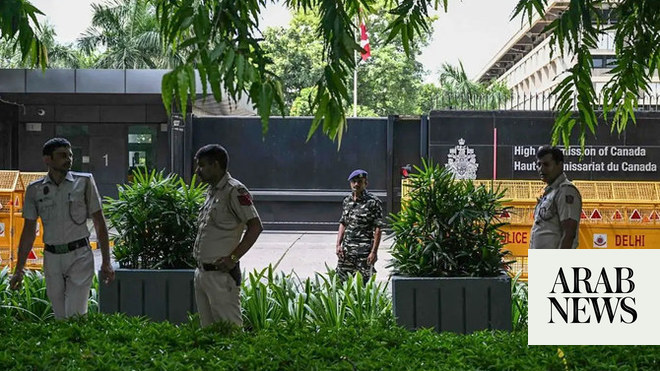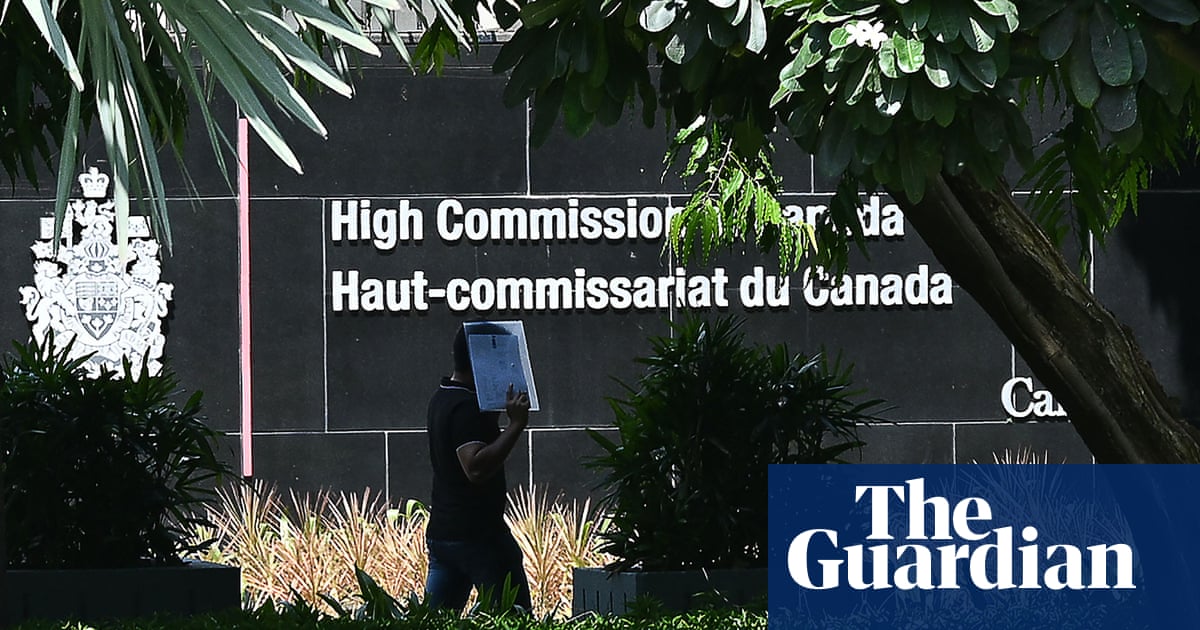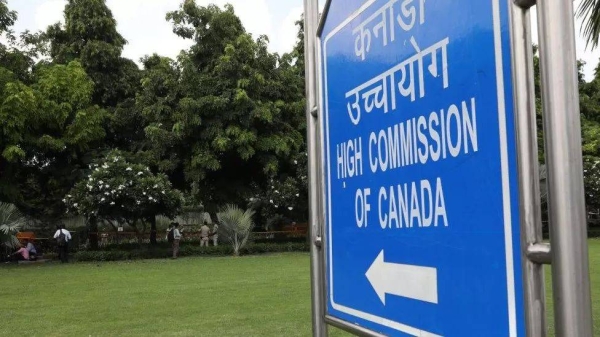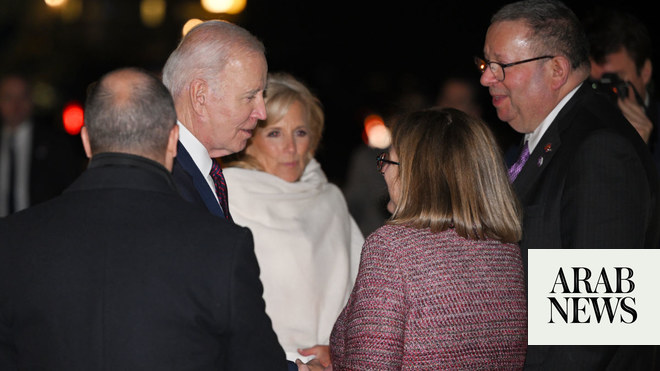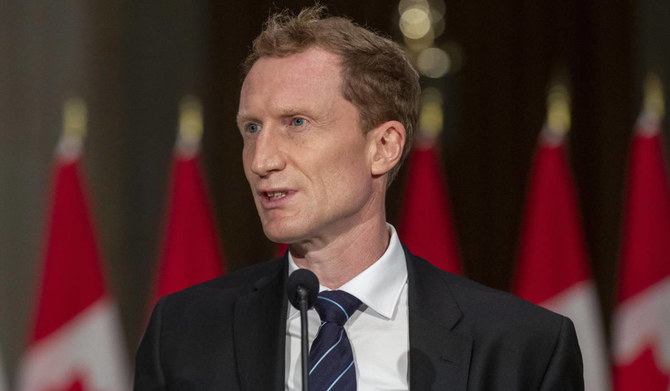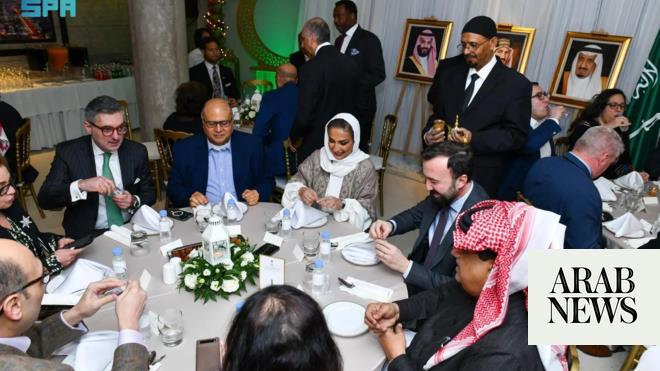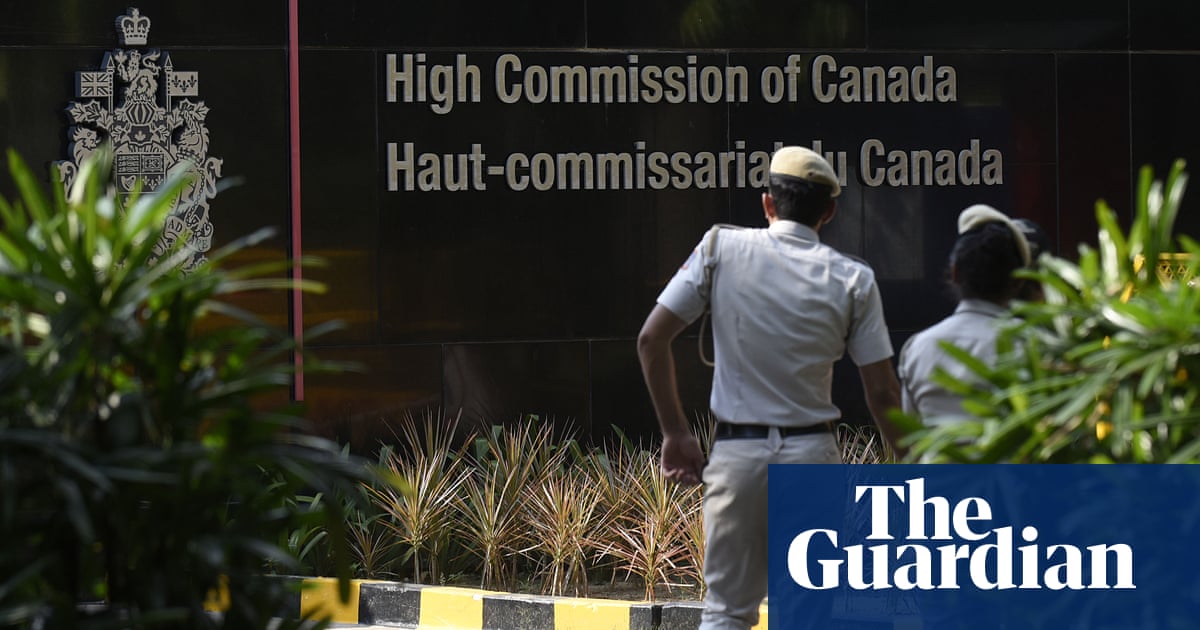
India has told Canada it must remove 41 diplomats from its embassy in Delhi amid a continuing diplomatic spat over Canadian accusations that India may have been involved in the killing of a Sikh separatist leader.
According to officials who spoke to the Financial Times, the Indian foreign ministry has given Canada a week to repatriate two-thirds of its diplomats stationed in India, reducing the number to 21. India’s ministry of external affairs declined to comment. An official familiar with the matter confirmed the report to the Associated Press.
Relations have deteriorated since the Canadian prime minister, Justin Trudeau, said last month that there were “credible allegations” that Indian government agents were involved in the assassination of the Sikh separatist Hardeep Singh Nijjar in British Columbia in June.
On Tuesday, Trudeau declined to comment on reports of the diplomatic expulsions, but said his government was not expecting to escalate the dispute. “We’re taking this extremely seriously, but we’re going to continue to engage responsibly and constructively with the government of India,” he told reporters. Later in the morning he described the situation between the two counties as “extremely challenging”.
Canada’s foreign minister, Mélanie Joly, said the country needed a “strong diplomatic footprint” in India. “In moments of tension – because indeed there are tensions between both our governments – more than ever it’s important that diplomats be on the ground,” Joly said.
Nijjar had been designated a terrorist by the Indian authorities, who accused him of involvement in militant groups and extremist activity, charges he had denied.
Trudeau had called on India to cooperate with the investigation into the killing but India dismissed the allegations as “absurd” and politically motivated. It swiftly escalated into a diplomatic row, as the two countries engaged in a tit-for-tat expulsion of top diplomats and India suspended all visa applications for Canadians.
Aurel Braun, a professor of international relations and political science at the University of Toronto, described India’s expulsion of Canadian diplomats as an “extremely significant step” against another democracy.
“The prime minister started this in a way that was clever, rather than strategically intelligent,” said Braun. “You do not make this kind of accusation against a fellow democracy, not to one that is as influential as India, unless you have very solid incontrovertible evidence. And if you don’t publish something credible, you run the risk of walking into an Indian nationalistic trap.”
Braun said Canada might have clear evidence that India was complicit in the assassination of Nijjar amid reports that the US shared key intelligence.
“But having evidence is not enough. International relations are very unforgiving. For a long time, our prime minister has enjoyed a Teflon-like reputation. But once you lose that, you have to be extremely careful.”
After Trudeau’s public allegations, India’s foreign ministry said it would be demanding that Canada reduce the number of its diplomatic staff in India, claiming it was for reasons of “parity” as Canadian diplomats in Delhi far outnumbered India diplomats in Ottawa.
Trudeau said he had first brought up the allegations of Nijjar’s assassination privately with the Indian prime minister, Narendra Modi, during the G20 leaders’ summit in Delhi in early September, where they were also raised by the US president, Joe Biden.
Trudeau’s decision to go public with the allegations at the end of September angered India, which in return accused Canada of being a “safe haven for terrorists” involved in the Khalistani separatist movement, which fights for an independent state for Sikhs and is banned in India. The evidence for Trudeau’s claims has yet to be made public, apparently because of concerns it could compromise the investigation. The US government has repeatedly urged India to cooperate with Canada in the investigation.
The Indian foreign minister, Subrahmanyam Jaishankar, last week accused Canada of allowing a “climate of violence” against Indian diplomats in Ottawa, alleging: “Our diplomats are threatened and our consulates have been attacked.” He described the diplomatic situation with Canada as a deadlock.
Canada’s public accusations of India, a nation western allies have courted as a counter to Chinese influence and power in the global south, have shifted perceptions of how Canada operates internationally, said Braun.
“Historically, we have not bullied other countries, we have not pushed our way around on the global stage. Now, that image is being challenged and possibly badly damaged,” he said.
“It’s unfortunate how avoidable this all was. Canada did not want to have a major confrontation with India, but it’s a basic violation of international relations – if you don’t want something to escalate, don’t start the process in public. And if you do, you have to be prepared to finish that fight.”




